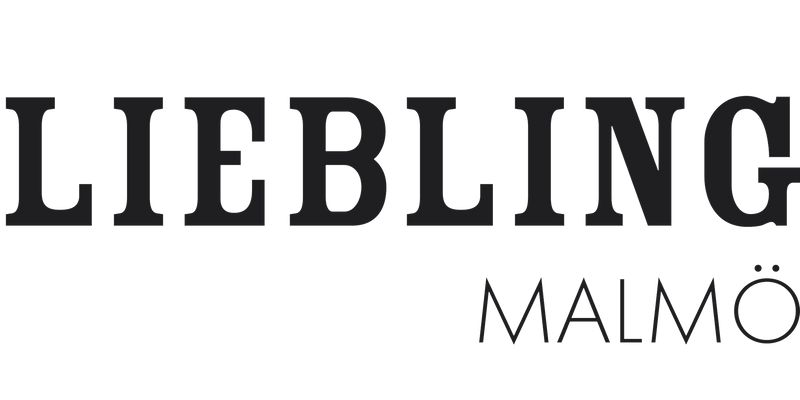Liebling's Material Guide
Viscose
What is viscose?
Viscose is a regenate fiber. This means that the raw material is of natural source but that the fiber is extracted chemically. The raw material is cellulose from trees such as spruce, pine, beech and bamboo. Significantly less water is used to produce viscose compared to cotton. One downside, however, is that chemicals are needed. Viscose is comfortable to wear and absorbs moisture well. You have to be a little careful when the viscose garment is wet because it becomes more sensitive when wet. Viscose shrinks a bit and after washing it can be ironed on the reverse. Wash at 30 degrees delicate wash.
EcoVero
Organic viscose with the EcoVero label means that the fiber is extracted from sustainable and certified wood sources, that the production process is ecologically sustainable and a fully traceable and open supply chain. This makes it possible to identify the EcoVero viscose in the final product.
Tencel
What is Tencel?
Tencel and Lyocell are both different kinds of viscose, but the difference is that it is manufactured in a more environmentally friendly way. A biodegradable chemical is used to extract the fiber from the wood material. The process is closed, which means that approximately 99% of the chemical solution can be recycled and reused. The remaining percentage is broken down in biological treatment plants.
Tencel and lyocell are the same thing, but Tencel is a registered trademark owned by the Austrian company Lenzing with a clear sustainability profile. Tencel also means that the wood raw material used is sustainably certified, FSC-marked.
Tencel is a wonderful material that is strong and durable. Tencel transports moisture well and is pleasant to the skin. The fabric has a soft and nice fall. Wash at 30 degrees. Small risk of shrinkage, but may lose some colour when washing. We like the luxurious and flowy feeling!

Wool
We like wool! Wool from sheep is most often used in clothing, but also wool from, for example, llamas, cashmere goats and alpacas. Wool has amazing properties. It has good moisture absorption and has temperature regulating properties. Wool keeps you warm and dry but without you getting sweaty. Wool is self-cleaning, so it is often enough to hang the wool garment out to air in a humid climate or in the bathroom when you shower.
Recycled wool is becoming more and more common. It's good in every way. Good to know is that the fiber often becomes a little shorter when it is recycled and often needs to be mixed with new wool to make the garment durable and hard-wearing.

Linen
Linen is a good environmental choice. Flax is often grown in colder climates and rarely requires pesticides. The linen we sell mostly comes from Italy and Lithuania. Linen takes on a naturally wrinkled look, but if you iron it, it becomes smooth and has a little sheen. Both ways are great! Linen garments must be washed at 30 degrees delicate wash. Often the garments are pre-washed and do not shrink in the wash.
Cupro
What is cupro?
Cupro has a nice luxurious silk feel! Cupro is often referred to as the vegan alternative to silk. The cupro we use comes from the only vegan certified manufacturer. Cupro is made from cellulose but not from wood but from cotton fibres. It is leftover and unusable cotton fibers that are used. The chemical process requires fewer chemicals than, for example, the production of viscose. The cupro fibers are often long, which gives smooth fine fabrics. The fibers are slightly more delicate than viscose and should be washed carefully.
Read more about our thoughts on sustainability here.
